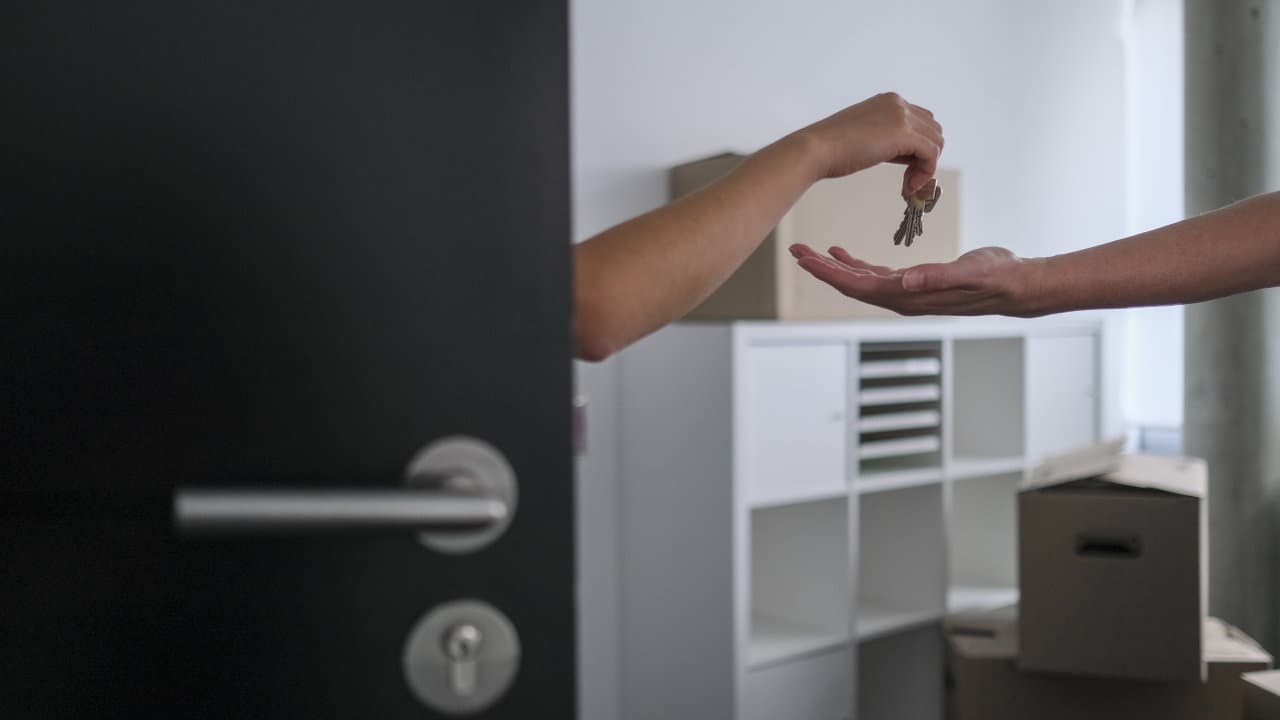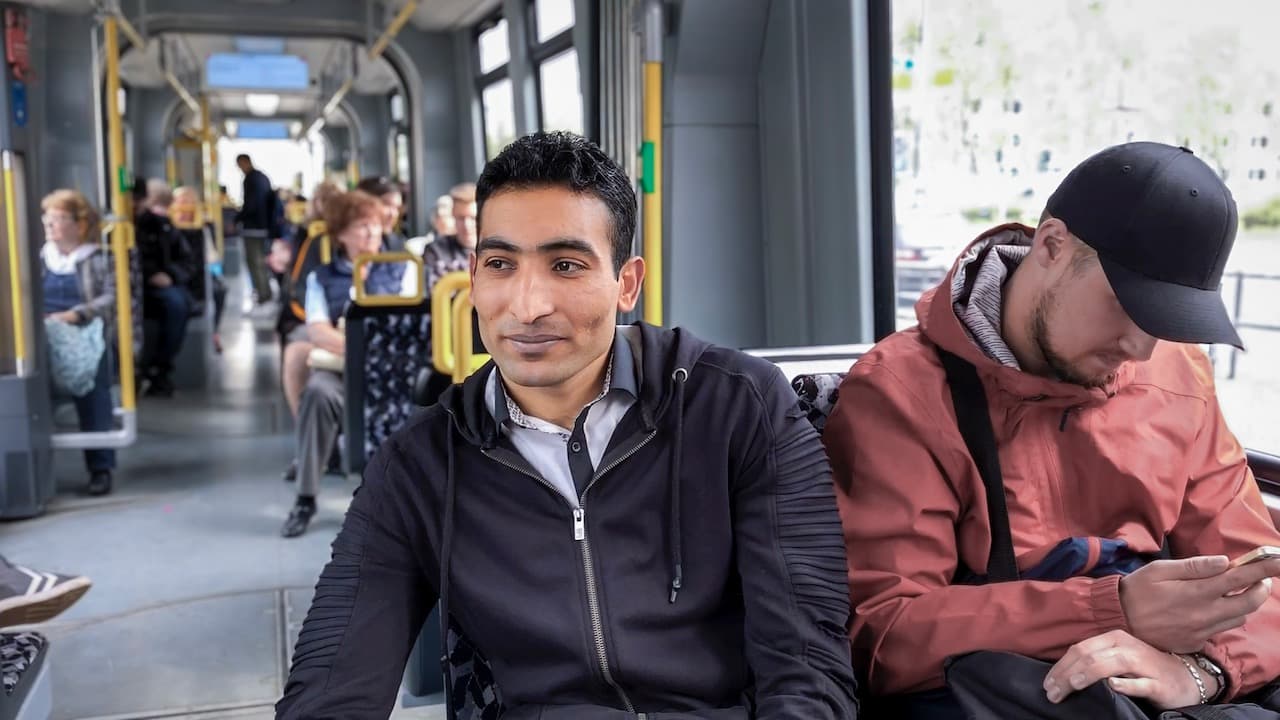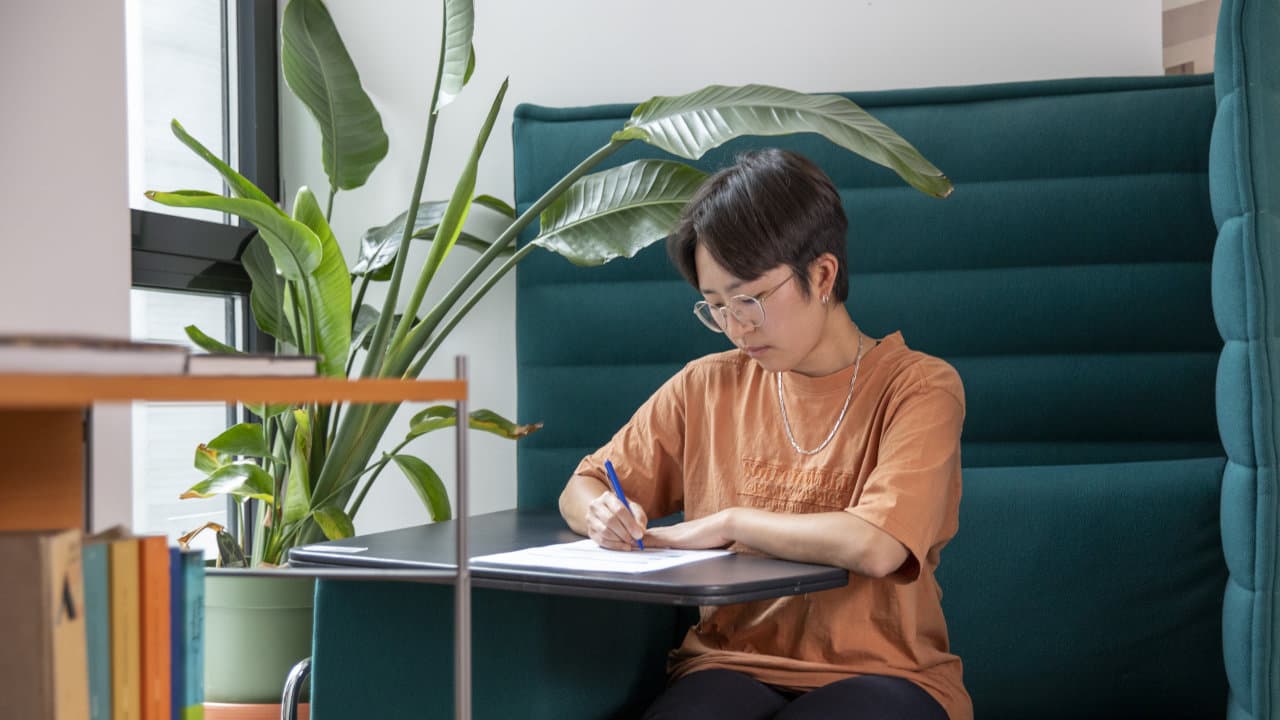Waste Separation and Recycling in Germany
What do I need to know?
Waste separation means that different types of waste are collected and recycled separately. In Germany, waste separation starts with the consumer, i.e. households must sort their waste and put it in separate bins and containers.
A large part of the waste generated in Germany is reused and composted, which saves resources and protects the nature. Germany is even set to become the world champion of waste separation. However, the recycling industry and the combustion manufacturers benefit from the waste and also compete in their businesses. That is why there are people who doubt the purpose of the waste separation. To avoid creating waste is, therefore, still the easiest way to prevent the rise of waste piles.
If you fail to dispose of the waste in the right container, the employees or sorting personnel at the recycling facilities have to re-sort the waste. If we all separate waste properly, this extra effort can be avoided, the costs will decrease, and the environment benefits.
What do I need to know?
What goes where?
In big cities, there are four different bins in the backyard of almost every house. In the countryside, you may have to drive to a recycling plant to find all these bins. Alternatively, you can wait for the next collection date and keep specific items, e.g. in your garage or cellar until then. You can find out when the rubbish is picked up in the so-called "waste calendar" (Abfallkalender), which is delivered to your mailbox once a year - you can also obtain the calendar from the town hall (Rathaus). Alternatively, you can search for the pick-up calendar of your district online.
Only certain types of waste may be thrown into each bin:
- Yellow Bins (also „yellow bags“ or „Grüner-Punkt-Müll“): Light-weight packaging, i.e. all packaging which are not made of glass or paper (for example aluminium foil, plastic bags, tins, yoghurt cups, Tetra-packs in which juice and milk are sold, plastic bottles and coffee packs)
- Green or Blue Bins: Paper waste and cardboard (for example, paper bags, newspapers, catalogues, writing paper, cartons, cigarette packs). Please note: Very old/stained paper, e.g. paper packages of groceries, ought to be put in the residual waste bin and Tetra-packs (in which juice and milk are sold) belong in the yellow sack or bin.
- Black or Gray Bins: residual waste or household waste and all other types of waste that cannot be recycled (for example, porcelain, hygiene articles, dirty packaging, damaged shoes or utensil, vacuum cleaner bags, nappies, cigarette butts, window glasses).
- Bio Waste or Brown Bin: compostable kitchen and garden waste (e.g. coffee and tea dregs, fruit and vegetables remains, eggshells, leaves).
Do I have to separate my trash?
Yes, waste separation is mandatory in Germany. Everyone has to properly separate their waste and throw it in the right bins. If you don't follow the waste separation rules, your landlord can issue a warning. If you don't change your behaviour, you could even lose your flat/home. In addition, your landlord will invoice you for the costs resulting from incorrect waste separation: If waste is not separated or separated incorrectly, the costs that your landlord has to pay for waste disposal increase. If the landlord does not find the culprit, he/she will add the costs into the building’s utility bill, which is paid by all the tenants. If the landlord knows the people who do not separate the waste properly, he/she can have the costs reimbursed directly from those tenants. If you have your own house, incorrect waste separation will increase your waste disposal bill. Incorrect waste separation is also an administrative offence. If you get caught, you will have to pay a fine. If you repeatedly fail to separate rubbish or separate it incorrectly, this fine can even amount to several hundred or thousands of euros.
What do I need to know about deposit (“Pfand”)?
In Germany, there is a so-called “Pfandpflicht” for certain beverage bottles. If you buy drinks and beverages sold in plastic or glass bottles or cans in a supermarket, you initially pay a few cents more. Then, if you later return them empty to the supermarket's collection point or "Leergutannahmestelle" (often an automatic machine), you will get back those few cents, which is known as "Pfand" (deposit). There are two different types of bottles you can return:
- On disposable bottles, you will find a square sign with a can and a bottle, which is framed by an arrow (the logo of German Deposit System or "Deutsche Pfand-System GmbH"). Returning the bottles or cans that bear such a symbol means you will receive a 25-cent deposit at Refund centres in each supermarket.
- On returnable bottles, you will often find no labelling at all, sometimes there is a blue angel sign or the word "reusable bottle" („Mehrwegflasche“, „Leihflasche“ or "Pfandflasche“). Whether glass or plastic, for returnable bottles, you receive 15 cent deposits. There is an 8-Cent deposit for each beer bottle.
Please note: There is no deposit on beverage cartons.
By the way: If you have no time or desire to return your bottles and get back the deposit you paid on them, you can also leave them in a visible spot next to a waste bin on the street. Many people in Germany collect and return these bottles to earn a little money.
What shall I do with glass bottles with no deposit?
Glass bottles with no “Pfand” on them (i.e. bottles of wine, cooking oil, vinegar, sauces, marmalades or preserved food) have to be disposed of in specific containers. There are usually two or three containers: one for white glass, one for brown glass and one for stained-glass (blue or green). Make sure you don’t throw your glass bottles into the containers in the early morning or late at night: since it can be quite loud, it is forbidden to do so before 8 A.M. and after 8 P.M.
Please note: Drinking glasses, window glass and teapots or glass cups do not belong in the glass container. You have to dispose of this type of glasses in the residual waste bin.
What can I do with special waste, electrical waste, bulky waste and old clothing?
You are not permitted to throw special waste, electrical waste, bulky waste and old clothing items in household waste bins. Special waste and electrical waste, in particular, can gravely harm the nature and our health and must be disposed separately of household waste. In most municipalities, these types of waste are disposed of at the recycling depots. You sometimes have to pay a small fee for the disposal. For electrical waste, however, you will occasionally receive some money. You can find a recycling depot nearby by googling the word „Recyclinghof“ along with the name of your town/district. You can also ask the municipality (Bürgeramt) in your area.
What goes where?
- Special waste: medicines, solvents, batteries, energy-saving lamps, fluorescent tubes, pesticides and half-emptied containers of paints and adhesives. In some cities, there are pick-up services available for collecting such waste, but in other cities you have to personally take it to the recycling depot. You can learn more by asking your municipality. Energy-saving lamps, LED and batteries could also be disposed of at drug stores and hardware stores.
- Electrical scrap: All devices through which electric current flows. In some federal states and cities, there are collecting containers for smaller electrical appliances, in the others, one has to go to a depot or wait for the pick-up service. You can learn more by asking your municipality. To dispose of small electronic devices (such as cell phones or MP3 players), you can also hand them to large electronics stores. Larger appliances, however, are only accepted by electronics stores if you buy a similar new product there. This also applies to online retailers. From June 30, 2022, you can also hand in large devices to large supermarkets. The prerequisite here is that the supermarket itself sells electronic devices at times and that you buy a new device there.
- Bulky waste: bulky items and household appliances which do not fit in normal bins due to their size or weight. They could be Items of metal, wood, or just substantial chunks of residual waste. You can take these items to a recycling depot personally. In many cities, there are specific schedules for picking up the bulky waste. The best is to ask the municipality in your area.
- Old clothing items: In every German city, there are clothing containers in which one can dispose of the unwanted but usable clothes. On the Website of the German Red Cross, you can find a donation container for clothes nearby.
Important: It is forbidden to dispose of bulky wastes, hazardous wastes, electronic wastes, etc. on the street or in nature. If you are caught doing so, you will be fined for illegal waste disposal. Such fine can mount to up to €50,000.
How can I reduce waste?
A few tips to avoid waste production by conscious consumption:
- buy regional products without plastic packaging,
- purchase durable goods and buy less,
- get a lunch box and hot/cold drink container for the road,
- use baskets and fabric shopping bags instead of plastic bags,
- exchange, borrow and repair items - this way, you can also save money.
Important: From July 3, 2021, products made from single-use plastic will no longer be allowed to be sold in the entire EU, including Germany - this applies to drinking straws, cotton swabs, cutlery, plates & cups, etc. made of disposable plastic. The ban is intended to help reduce the amount of plastic waste.
Further pro-environmental ideas are available on http://www.refugeeguide.de in various languages.
Important
If you dispose of waste illegally, e.g. by leaving it in a forest or on a roadside or burning it, you have to pay a fine. If your waste endangers the environment, you will also be liable to prosecution, which can result in a very high fine or even jail time.
Similar topics
Additional links
Correct Waste Separation
Here you will find illustrated instructions on how to separate waste properly in several languages.
Informationen from Federal Environment Agency
Here you will find further helpful information on the topic of waste separation provided by the Federal Environment Agency.
Our community in the forum
Quickly find answers to any question. Benefit from the experience of your community and exchange ideas.
Support on site
Are you looking for counseling centers, meeting points, and other services? Use our search engine.









